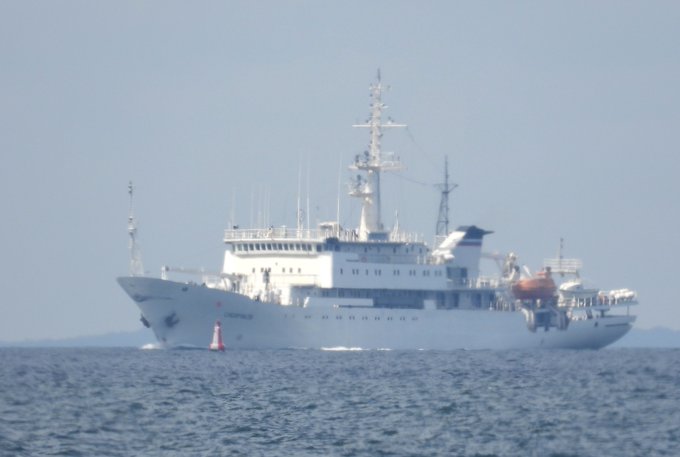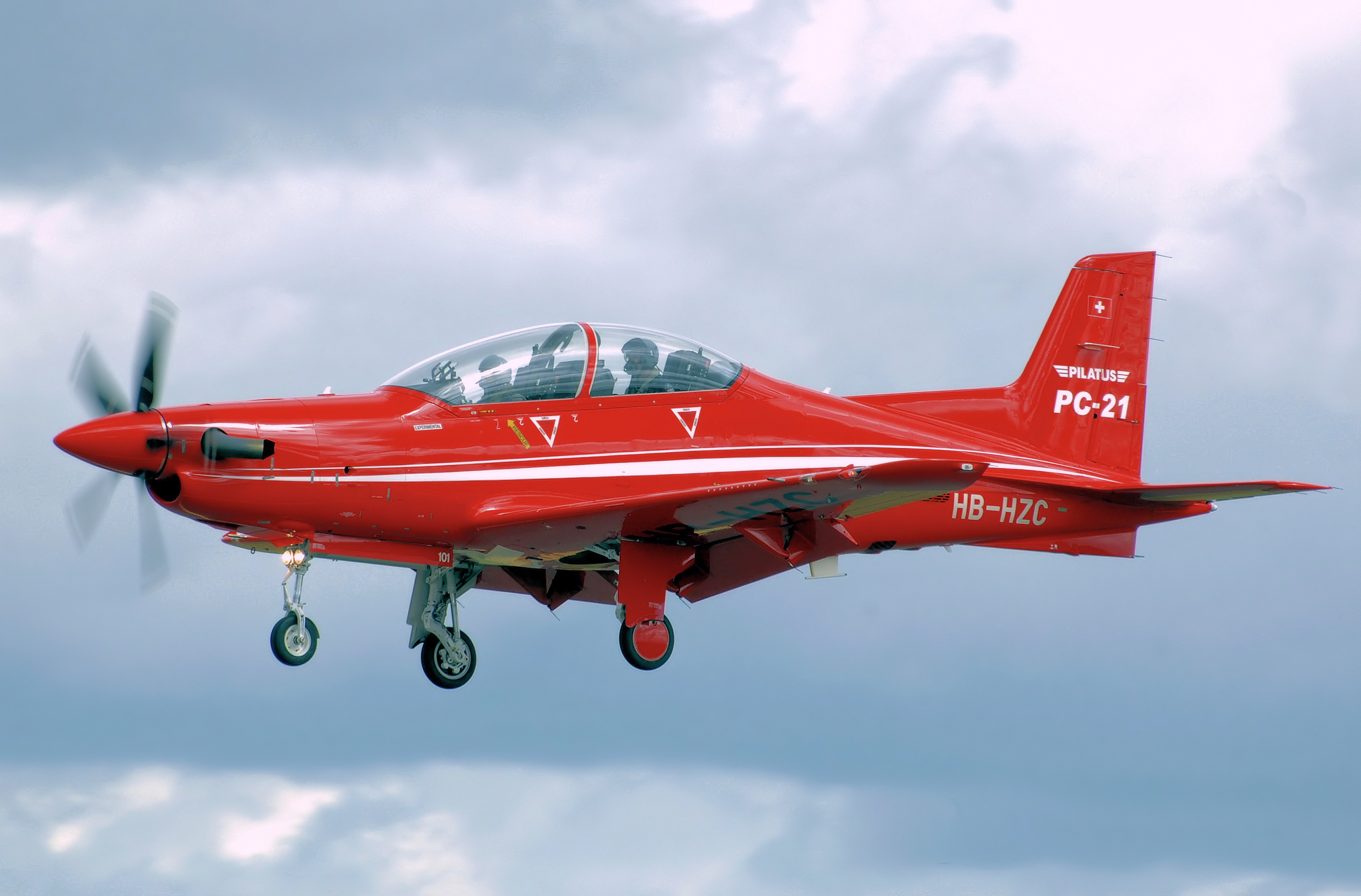Following allegations of U.S. surveillance on China's Fujian aircraft carrier, there are now claims that Russia might be collecting critical intelligence on Israel’s latest submarine, INS Drakon. Naval analyst H.I. Sutton suggested that two Russian spy ships, the Sibiryakov and Wassili Tatischtschew, were likely monitoring Israel’s new submarine, which is currently undergoing sea trials in Kiel, Germany.
The submarine, constructed by ThyssenKrupp Marine Systems (TKMS), has drawn significant attention. An analysis by Droxford Maritime indicated that Sibiryakov had been sent to observe the sea trials, while German media reported that Wassili Tatischtschew positioned itself off Kiel.
Russia has a history of deploying spy ships to gather intelligence on adversaries. For example, in April last year, Russia was accused of using a spy ship in Nordic waters to potentially sabotage underwater cables and wind farms. Since 2014, allegations have surfaced about Russian ships eavesdropping on North Sea facilities, with at least 50 vessels reportedly lingering near power facilities, oil and gas sites, and military training grounds during NATO exercises, according to public media investigations in Denmark, Finland, Sweden, and Norway.
Earlier this year, a Russian spy ship, the Kareliya, lingered near Japan’s coastline during a 10-day deployment. Spying during sea trials is common, as it allows navies to build an acoustic library of new submarines, monitor their performance, and gather data more easily than when the vessels are in active service.
INS Drakon, the latest and most advanced of Israel’s Dolphin II class attack submarines, features a large sail likely housing vertical launch tubes for strategic missiles. Once operational, it will be part of Israel’s nuclear deterrent, making it a prime target during its sea trials. Experts note that the marine pathways used are usually closed off to the public, making the alleged Russian surveillance more significant.
Droxford Maritime observed that while the Israeli submarine’s movements haven’t been reported, it was seen being fueled in early June, indicating ongoing trials. These claims echo similar accusations by China against the U.S. earlier this year. China alleged that a U.S. Air Force electronic intelligence aircraft was conducting surveillance on its newest aircraft carrier, the Fujian, during its sea trials in May 2024.
Flight-tracking data from Hans M. Kristensen of the Federation of American Scientists showed the U.S. spy plane conducting surveillance missions along the Chinese coastline on May 7, 9, 10, and 13. The operations, originating from Okinawa’s Kadena Air Base, involved long-haul flights over strategically important regions, including the Luzon Strait, the Paracel Islands, and the Pearl River Delta. The U.S. Defense Department did not disclose the specifics of these operations, but they were seen as attempts to gather intelligence on the Chinese carrier amid rising tensions between China and the West.


:quality(70)/cloudfront-us-east-1.images.arcpublishing.com/archetype/ZIDZWGSKMRFBJM5X2IEVVU2FDU.jpg)
:quality(70)/cloudfront-us-east-1.images.arcpublishing.com/archetype/3KMSTHMLXNDS7O3GIJTBW4WPZ4.jpg)
:quality(70)/cloudfront-us-east-1.images.arcpublishing.com/archetype/BSY75DRAH5DJLCY3KONYNZU44I.jpg)

